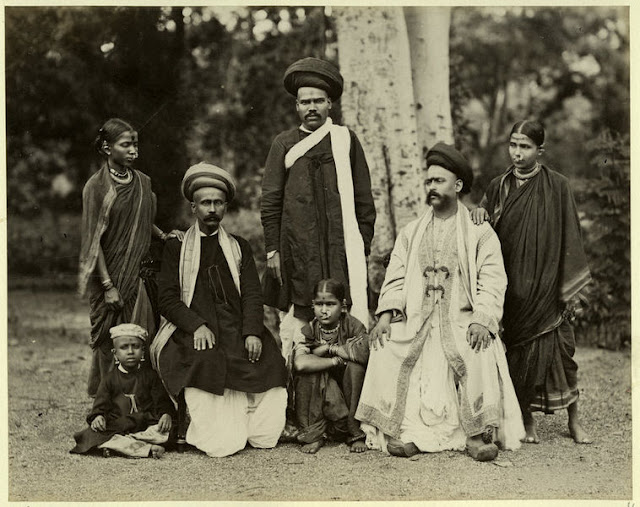Here are some rare pictures of India before independence, from the British rule I think despite the fact the country was slave Britishers made sure there was decent progress in the country and corruption was no where.
Indian’s lived under harsh circumstances they were denied of basic facilities like food, health and water from their own country. All this was snatched from them and exported to European countries so that the East India Company can make some money.
Track Inspection Van (1895)

Ambulance at Chennai 1940/strong>
 <
Bank of madras 1935
<
Bank of madras 1935

Car Showroom Chennai 1913

Andaman 1917

Karachi 1917

Multi complex Departmental Store 1883

Ford Automobile showroom in 1917

Port at Hoogly( Calcutta) West Bengal, 1915

Chennai Market (Kothaval Chawadi), Tamil Nadu 1939

Lahore, now in Pakistan 1864

Chennai Library 1913 (college studensama)

Chennai Marina beech 1913

Mumbai 1894

VT Station Mumbai 1894

Mylapore-chennai -1939

Ooty 1905

Power Plant 1917

Karachi Theatre 1917


Indian National Army personnel are all military grace as they welcome Gandhi at an event at the Harijan Colony, Delhi, in 1946.

Jawaharlal Nehru addresses the press in Delhi in 1947, shortly before Independence

Jinnah, sitting on a sofa like a modern potentate, surveys the scene from atop a truck at a procession in Allahabad in the 1940s, during a Muslim League session

Workers gather to collect their wages from a pay van as it was called, at the Bhakra Nangal project area in the 1950s

Wrestling champ Daula pins down his English adversary Clark to the patent dismay of the referee, at a fundraiser for the Lahore Warplanes Fund, the Police Spitfire Fund and the Minto Park Fund, in Lahore in the late 1930s

Sardar Patel and the Maharaja of Patiala confer during a meeting of the Phulkian Union, an umbrella body of princely states, in Patiala, shortly after Independence

Mahatma Gandhi and Jinnah in a heated conversation. A well-known photograph recently attributed to Kulwant Roy.

Khan Abdul Ghaffar Khan and Jawaharlal Nehru walk to a Congress meeting while Sardar Patel is pulled alongside in a rickshaw. Roy’s access provided him with ample opportunities for informal photographs
Kulwant Roy (b. 1914, Lahore, then in India) was an Indian photographer. As the head of an agency named “Associated Press Photographs”, he was personally responsible for several iconic images of the Indian independence movement and the early years of the Republic of India.
Born in 1914, Kulwant Roy grew up in Lahore before joining the Royal Indian Air Force[2] where he specialised in aerial photography. After being discharged from the RIAF, he returned to Lahore, but moved to Delhi in 1940 where he set up a studio, which later expanded into a full=fledged agency, in the Mori Gate district of Old Delhi. For a few years previously, he had been following Mahatma Gandhi in his travels around India in a third-class train compartment; that experience permitted him to gain insider status that meant that he was permitted to record many crucial events of and major participants in the independence movement, including Jinnah, Nehru and Patel.

Nehru with his grandson, Rajiv Gandhi, and his daughter, Indira Gandhi, in an undated photo from the Kulwant Roy Collection. (Aditya Arya Archives, Kulwant Roy Collection )
A Brahmin family from Maharastra from 1880
British Colonial theatre scene from India
Famine Genocide picture from then British ruled India, Madras 1876-1879
A Britisher buying cloth from Indian market
Sanyukt Maharastra Movement
A scene from the theatre of India during British rule.
Here are some more pictures from India under British rule 1857 revolt






Totally whelmed seeing the photos of my country under British rule. It refreshes my eyes and gives inspiration for doing something to my country.
These are some amazing photos of India under british rule
Really amazing pictures and good to know about our history, we should be proud to have been born in such a great country.
Thank you so much for sharing this wonderful resource. really amazing pictures.
Ram.
I love mi country…I love my history..
Perhaps, lifestyle of British period was much better than today’s complex, dangerous, modern/urban lifestyle. We needed small/essential improvements/changes, not today’s gross changes. Am I correct, dear visitors?